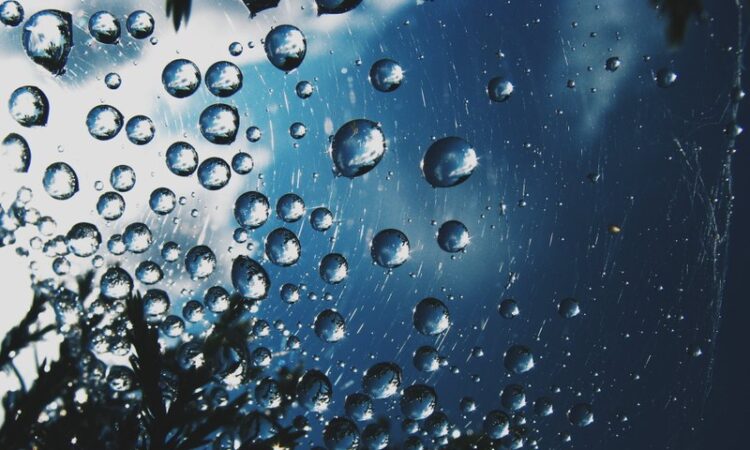
From melting glaciers, lakes, and rivers to ground water and seas, water is an interconnected and vital resource. Pollution, over-exploitation, physical alterations to water habitats and climate change continue to impact Europe’s water bodies and life dependent on them.
Freshwater resources are finite. Europeans use billions of cubic metres of water every year for drinking, farming, manufacturing, heating and cooling, electricity generation, tourism and other service sectors. Population growth, urbanisation, pollution and the effects of climate change, such as persistent droughts, are putting a growing strain on Europe’s freshwater supplies and its quality.
Europe’s seas cover more than 11 million km2 and range from shallow, semi-enclosed seas to vast expanses of the deep ocean. They host a wide and highly diverse range of coastal and marine ecosystems with a large variety of habitats and species. Even though EU countries have managed to reduce some pressures, the conservation status of marine ecosystems also remains critical. Similarly, pollution, over-exploitation of marine resources and economic activities also impact marine life.
The European Union and its Member States have been putting in place policies and measures to improve water quality, reduce pollution and improve the state of aquatic ecosystems. In some cases, like the bathing water quality, drinking water and urban wastewater treatment, there have been remarkable achievements. In other areas, such as conservation of wetlands, plastic litter in seas, the latest trends continue to cause concern.






